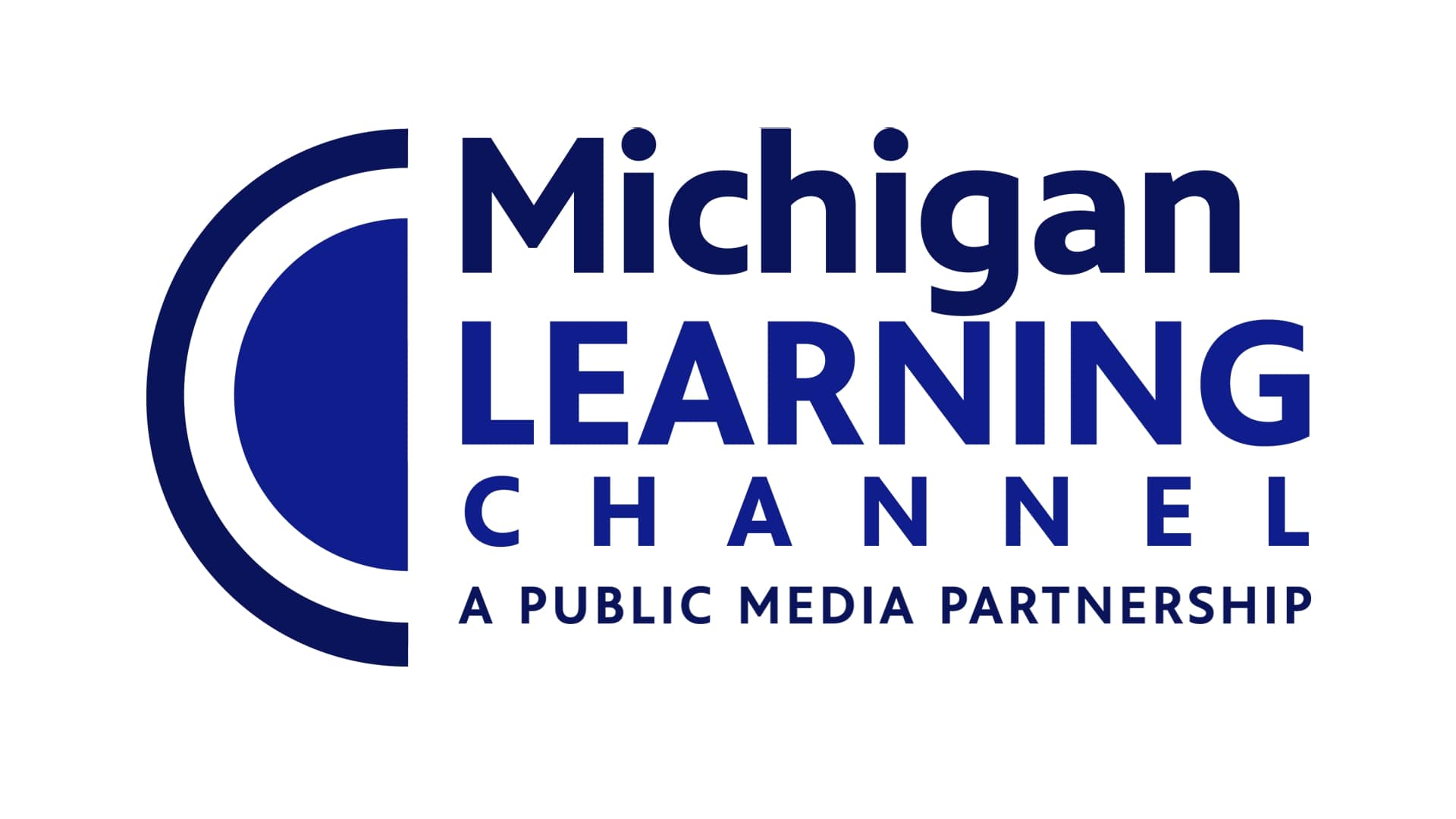State legislature cuts funding for Michigan Learning Channel

Michigan’s governor signed a fiscal year 2026 budget Oct. 7 that eliminated funding for the Michigan Learning Channel, a statewide education collaboration.
A resource for both educators and parents, the Michigan Learning Channel was formally launched in January 2021 in response to the need for free remote-learning services during the COVID-19 pandemic. It initially received $2 million from the state legislature and $1.5 million from the Michigan Department of Education through the Governor’s Education Emergency Relief Fund. The MLC continued to receive funding from the state and grew to include all six Michigan public TV stations and a station in South Bend, Ind. For FY26, the MLC had requested $3 million from the state.
Omar Hakim, VP of education for Detroit PBS, said in an email to Current that he was surprised the funding was not renewed since it had been included in both the state Senate and House budgets going into final talks. Hakim helps lead the channel at Detroit PBS, which is contracted to manage the MLC.

“We don’t want to speculate on specific reasons, but we remain committed to working constructively with policymakers to request funding be restored in future cycles,” Hakim said.
The MLC had a contingency budget prepared, Hakim said. “The contingency plan allows MLC to continue statewide operations through FY26,” he said. “While each partner station is reviewing its own local impacts, all stations are committed to doing everything possible to maintain uninterrupted service as we assess the full implications of the state funding loss.”
Hakim said stations don’t know yet whether the cuts will result in layoffs or a reduction in programming. Five station employees work for the MLC, with two based at Detroit PBS, one at WKAR in East Lansing, one at PBS Michiana – WNIT in South Bend and one at Delta College Public Media in University Center, Mich., according to a staff list.
“Our teams across all stations remain focused on sustaining the educational services families and educators rely on, even as we carefully review budgets and plan for long-term sustainability,” Hakim said. “Together, we’re focused on ensuring uninterrupted access to high-quality educational content for learners and families in every region of Michigan.”
The MLC also receives support from philanthropic organizations, most notably the W. K. Kellogg Foundation, which granted $2 million in 2021 to develop two initiatives for kindergarteners through third-graders: Read, Write, ROAR!, an English program, and Math Mights, a math series.
“While this year’s funding loss presents challenges, it also reaffirms the broad coalition that values MLC’s work,” Hakim said. “We remain confident in our sustainability and are committed to securing future support to continue serving Michigan learners.”
Leaders of several stations that contribute to MLC’s programming said that it is an important part of their education initiatives. “Although funding was not included in the FY 2026 budget, we are hopeful that funding will return in future years,” said Patrick Lakenen, GM of WNMU Public Media in Marquette, Mich. “WNMU remains committed to keeping MLC programming and resources available to viewers in the Upper Peninsula and northern Wisconsin.”
“Even though we are an Indiana station, our location near the Michigan border means MLC has become an essential source for learning and literacy in our region,” said Amanda Miller Kelley, GM of PBS Michiana – WNIT. “We see how much this programming matters: it consistently drives high audience engagement, and hands-on resources like the MLC workbooks are a foundational part of our education outreach. … This year has thrown us a lot of curveballs with state and federal funding, but PBS Michiana – WNIT will continue to champion the Michigan Learning Channel. We are working hard to ensure that MLC content remains accessible to those who count on it every day.”






